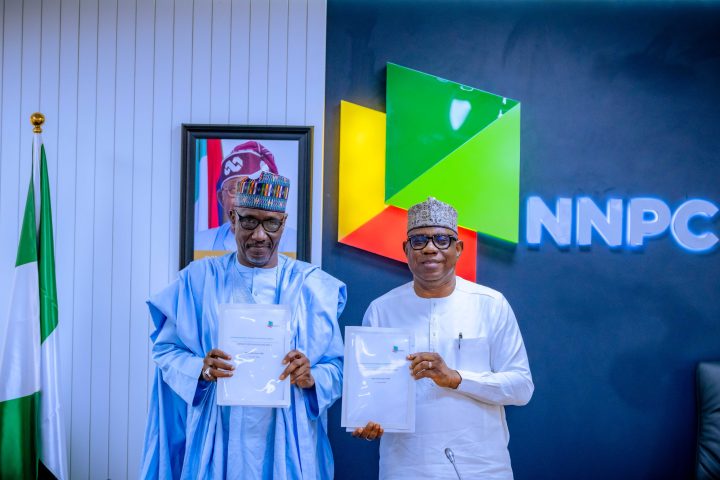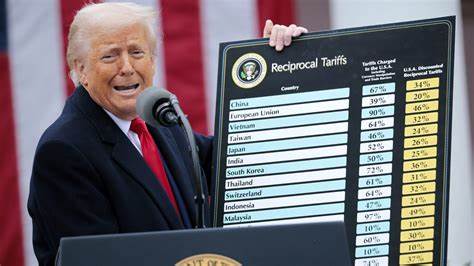The World Bank said the Nigerian government spent 96.3 per cent of its revenue on servicing debt in 2022, indicating the country has a revenue and debt problem.
This means for every N100 generated by the government, N96 is used to repay debt.Nigerian debt is projected to hit N77 trillion at the end of June 2023.
Join our WhatsApp ChannelThe World Bank made this known in its ‘Macro Poverty Outlook for Nigeria: April 2023 brief’ addressing the economic growth and debt problem in Nigeria.
“The fiscal position deteriorated. In 2022, the cost of the petrol subsidy increased from 0.7 per cent to 2.3 per cent GDP.
“Low non-oil revenues and high-interest payments compounded fiscal pressures. The fiscal deficit was estimated at 5.0 per cent of GDP in 2022, breaching the stipulated limit for federal fiscal deficit of 3 per cent.
“This has kept the public debt stock at over 38 per cent of GDP and pushed the debt service to revenue ratio from 83.2 per cent in 2021 to 96.3 per cent in 2022,” the statement reads.
On Nigeria’s economic growth, the World Bank said since 2021, the country hasn’t benefited from the boom in oil prices as it used to.
It stated that costly fuel subsidies, a weak macroeconomy, declining oil production and exchange rate distortions have impeded the growth of the economy.
The World Bank said: “Oil price booms have previously supported the Nigerian economy, but this has not been the case since 2021. Instead, macroeconomic stability has weakened amidst declining oil production, costly fuel subsidies, exchange rate distortions, and monetization of the fiscal deficit.”
According to the financial body, the challenges have made millions of Nigerians poor, “The deteriorating economic environment is leaving millions of Nigerians in poverty. Risks are tilted to the downside given the lack of macro-fiscal reforms, the naira demonetization, and an uncertain external outlook,” the World Bank said.


















Follow Us